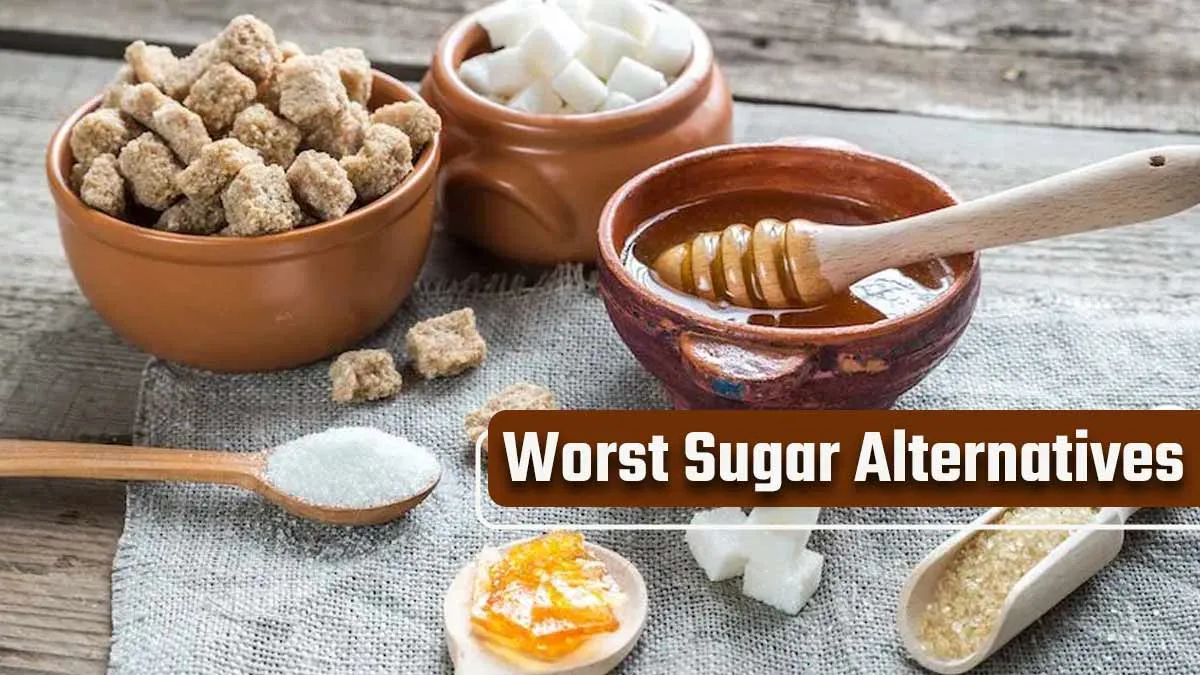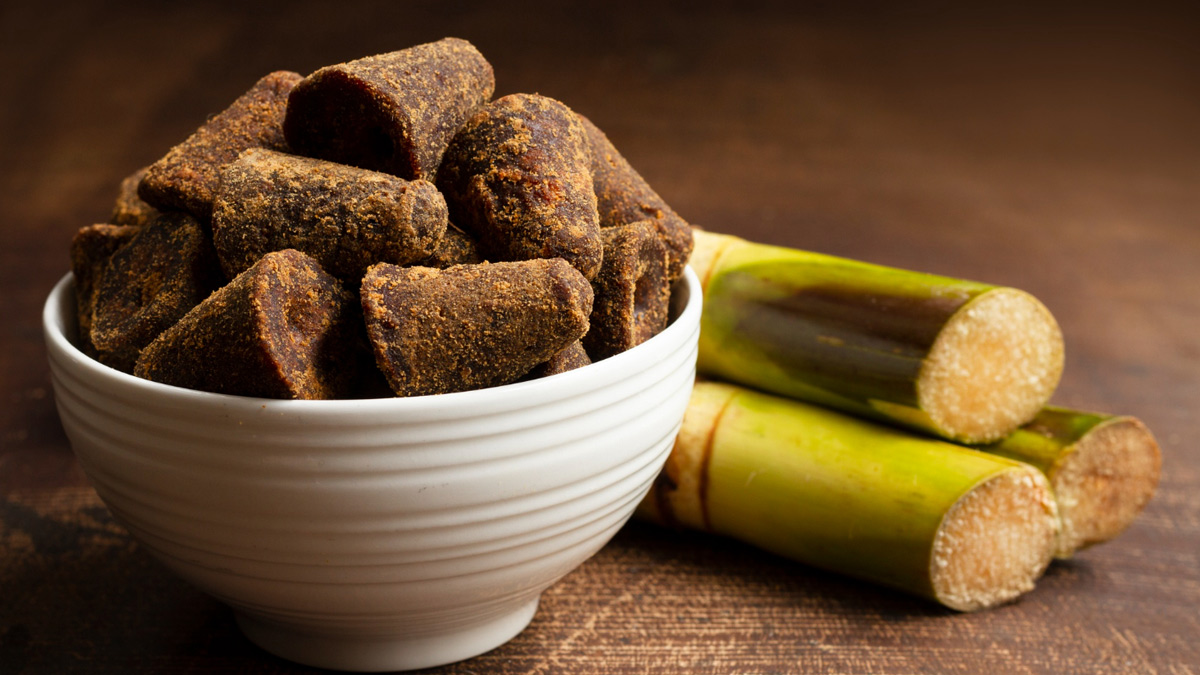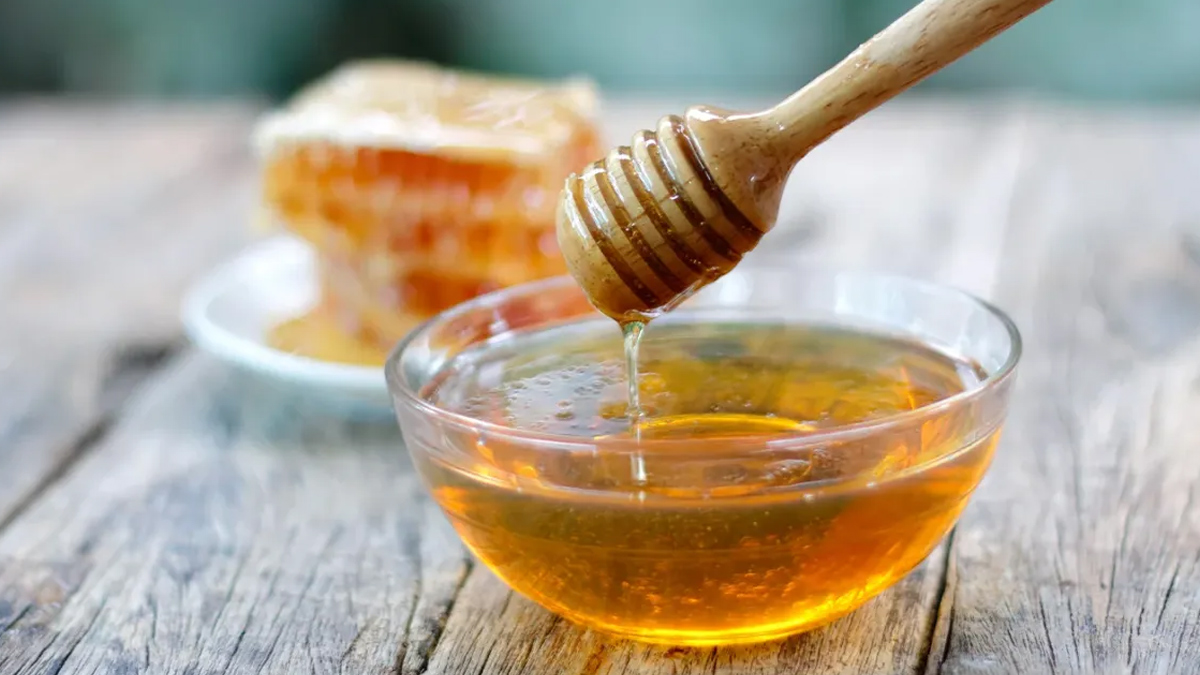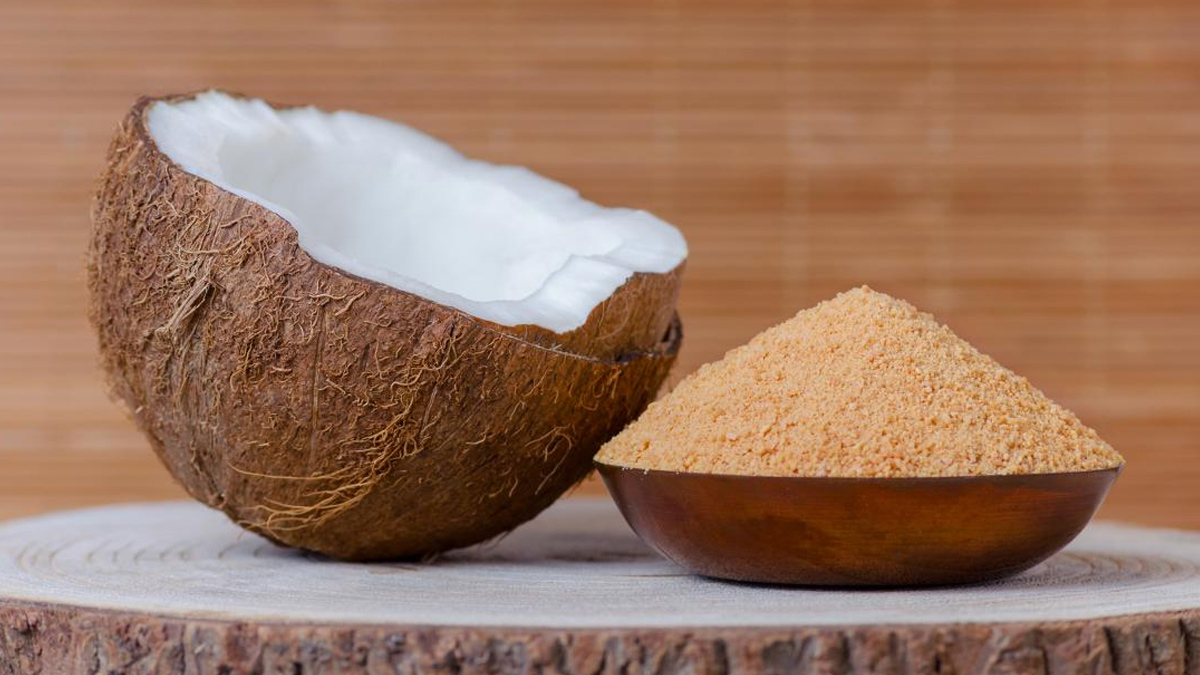
Sugar is everywhere. In our tea, desserts, and even in foods we don’t expect. But eating too much sugar can lead to health problems like weight gain, diabetes, and heart disease. To avoid these risks, many people switch to sugar alternatives, hoping for a healthier choice. However, according to fitness expert Siddhartha Singh, some of these substitutes are just as bad as regular sugar. In fact, Singh warns that we may be falling into another health trap by trusting these so-called “better” options.
Table of Content:-
Why People Choose Sugar Alternatives?
View this post on Instagram
With growing awareness about the dangers of excess sugar, people often look for substitutes that seem more natural or less processed. Jaggery, honey, coconut sugar, date sugar, and brown sugar are all marketed as “healthier” options. Food companies highlight their vitamins, minerals, or natural origins, making them sound like smart swaps. But are they really better for your health?
The 5 Worst Sugar Alternatives
1. Jaggery![jaggery 1 - 2025-06-27T105002.301]()
Jaggery is often seen as a natural sweetener, especially in Indian households. But Singh says, “We can eat it as it is, but sugar is sugar, guys.” He explains that jaggery and white sugar are almost the same in terms of calories. So, swapping sugar for jaggery won’t make much of a difference to your health.
2. Honey![honey 2 - 2025-06-27T105006.787]()
Honey is another popular pick, often added to tea or desserts. But Singh points out, “In today’s date, you can’t find real honey in the market. First of all, you don’t know this. Secondly, in terms of calories, honey has more calories than sugar.” Most store-bought honey is heavily processed, and even the pure kind is high in calories.
ALSO READ: Headache After Lunch? Here’s What Your Body Might Be Telling You
3. Coconut Sugar![coconut sugar 3 - 2025-06-27T111708.660]()
Coconut sugar sounds healthy because of its name. But Singh cautions, “Just because the name says coconut, it doesn’t mean it’s healthy. It also has 75-80% sugar.” The main ingredient is still sugar, so it’s not a healthier choice.
4. Date Sugar![date sugar 4 (76)]()
Date sugar is often marketed as a “whole food sweetener.” Singh says, “The marketing team says it’s a whole food sweetener. But even Roku knows that it has the same calories.” In other words, date sugar is not much different from regular sugar when it comes to calories and impact on health.
5. Brown Sugar![brown sugar 5 (15)]()
Brown sugar is just white sugar with molasses. Singh sums it up: “Brown sugar and white sugar have almost the same calories. Today, I’m hopeful that you understand that sugar is sugar, irrespective of what form it’s in.” The color or source doesn’t make it healthier.
The Hidden Risks of “Natural” Sugar Alternatives
Many people believe that “natural” sweeteners are healthier because they contain trace minerals or antioxidants. But the amounts are so small that they don’t make a real difference to your health. The body processes all these sugars in similar ways, leading to the same spikes in blood sugar and insulin. Over time, this can increase your risk of obesity, type 2 diabetes, and heart disease.
A study published in the journal Nutrients found that many sugar substitutes marketed as “natural” have similar calorie content and glycemic effects as regular sugar. The study concluded that replacing white sugar with alternatives like honey, coconut sugar, or brown sugar does not significantly reduce health risks if total sugar intake remains high.
ALSO READ: Alia Bhatt’s Nutritionist Warns: “Fruit Juices Are Poisoning You”: Here’s What to Take Instead
Conclusion
Switching to jaggery, honey, coconut sugar, date sugar, or brown sugar might seem like a healthy choice. But as fitness expert Siddhartha Singh explains, these alternatives are not much better than regular sugar. The key is to reduce your overall sugar intake, no matter what form it takes. Remember, sugar is sugar, so use it wisely and sparingly.
Also watch this video
How we keep this article up to date:
We work with experts and keep a close eye on the latest in health and wellness. Whenever there is a new research or helpful information, we update our articles with accurate and useful advice.
Current Version




-1751003259177.jpg)
-1751003274181.jpg)